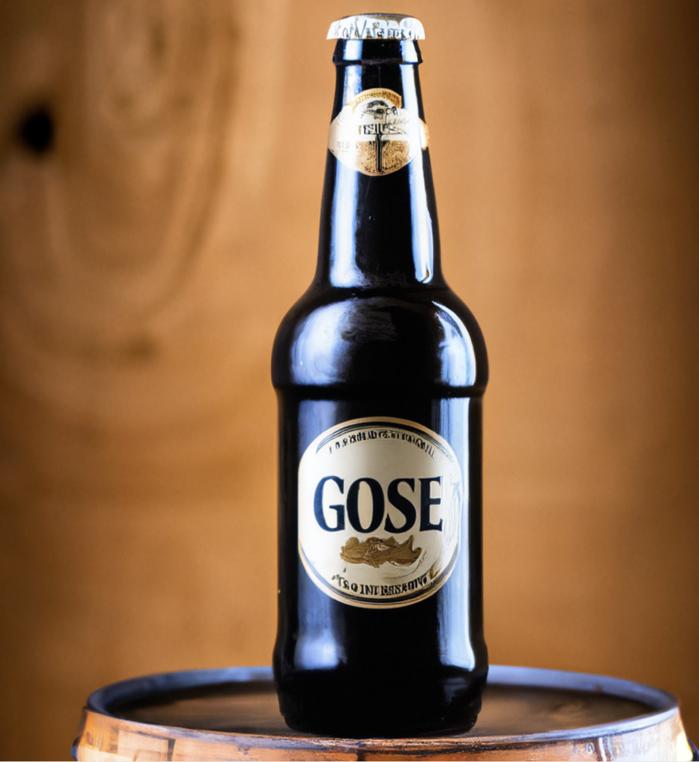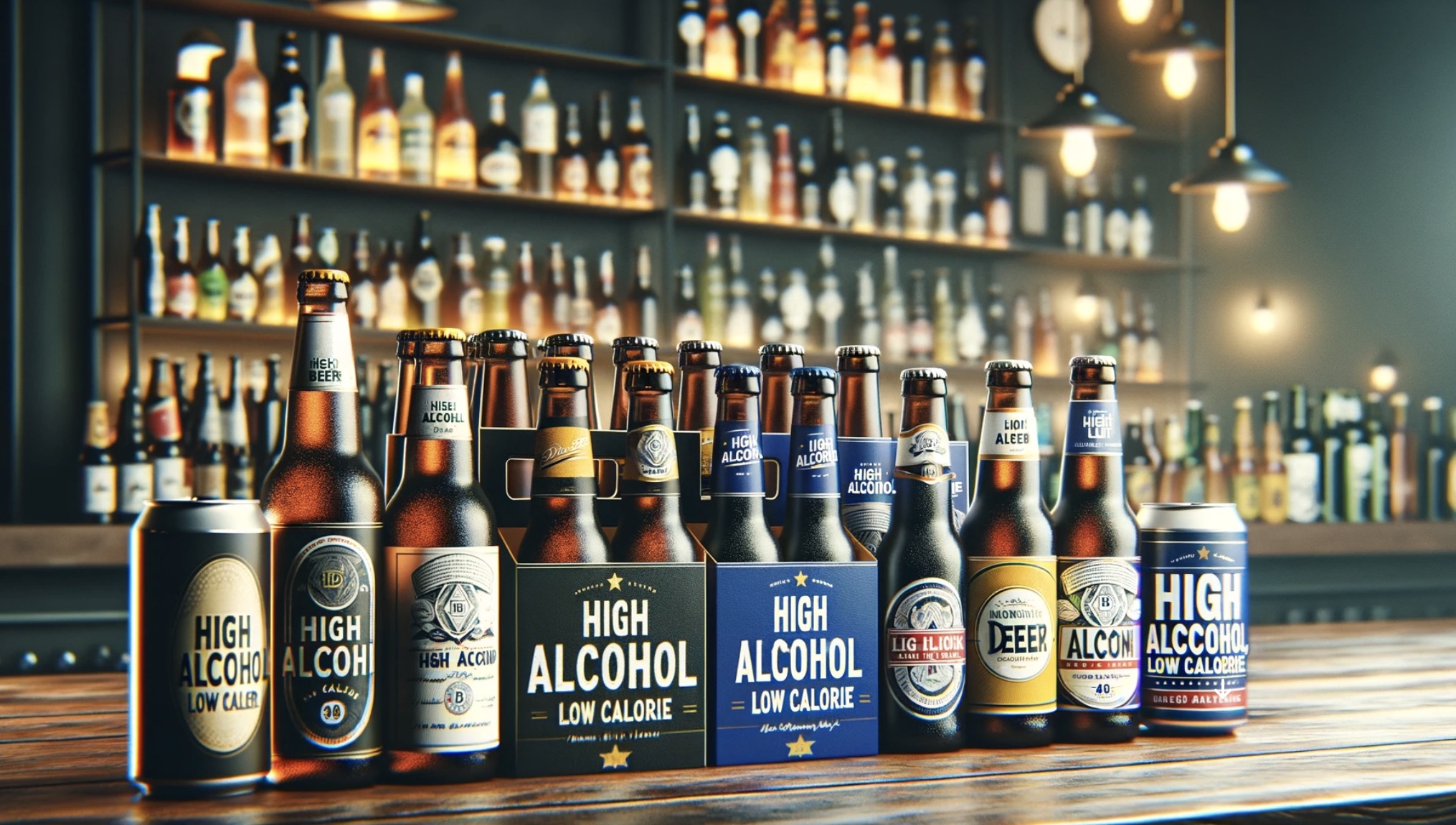Yes, sour beer can go bad, but as with any type of beer, the shelf life of sour beer depends on several factors such as storage conditions, ingredients, brewing process, and alcohol content.
In this blog post, we will dive into the complexities of sour beer and explore the various factors that can affect its shelf life.
As an experienced brewer, I have had my fair share of sour beers, both good and bad, and I’m excited to share my knowledge and experiences with you.
What is Sour Beer?
Sour beer is a unique and complex type of beer that has gained popularity in recent years. It is characterized by its tart, acidic, and sometimes funky flavors, which are achieved through the use of specific brewing techniques and microorganisms.

The Brewing Process
The souring process of sour beer typically involves the introduction of bacteria and wild yeast strains, such as Lactobacillus, Pediococcus, and Brettanomyces. These microorganisms produce lactic and acetic acids, which give sour beer its signature tart and tangy flavors.
Types of Sour Beers
There are several types of sour beers, including:
- Berliner Weisse: A low-alcohol, cloudy, and refreshing sour beer with a clean lactic tartness.
- Gose: A German-style sour wheat beer brewed with coriander and salt, featuring a tangy, fruity, and slightly salty flavor profile.
- Lambic: A spontaneously fermented Belgian sour beer with a complex mix of fruity, funky, and acidic flavors.
- Flanders Red Ale: A Belgian-style sour beer aged in oak barrels, characterized by its deep red color, fruity, and tart flavors with a touch of oakiness.
- American Wild Ale: A broad category encompassing various sour, funky, and fruity beers brewed with wild yeast and bacteria in the United States.
Factors Affecting the Shelf Life of Sour Beer
Several factors can affect the shelf life of sour beer, including storage conditions, ingredients, brewing process, and alcohol content. Let’s explore each of these factors in more detail.
Storage Conditions
Proper storage conditions are essential for preserving the quality and extending the shelf life of sour beer. Ideally, sour beer should be stored:
- In a cool, dark place away from direct sunlight and heat sources
- At a consistent temperature between 50-55°F (10-13°C)
- In an upright position to minimize the contact between the beer and the cap or cork
Ingredients and Brewing Process
The ingredients and brewing process of sour beer can also have an impact on its shelf life. For example:
- Beers brewed with fruit or other perishable ingredients may have a shorter shelf life due to the potential for spoilage or off-flavors.
- Beers aged in oak barrels may have a longer shelf life due to the presence of tannins and other compounds that can act as preservatives.
Alcohol Content
In general, beers with a higher alcohol content tend to have a longer shelf life. This is because alcohol acts as a natural preservative, inhibiting the growth of bacteria and other spoilage organisms. Most sour beers have a relatively low alcohol content (usually between 3-6% ABV), which can make them more susceptible to spoilage than higher ABV beers.
Signs of Spoilage in Sour Beer
It is essential to know how to identify spoiled sour beer. Some common signs of spoilage in sour beer include:
- Aroma: Unpleasant, off-putting, or unusual smells, such as sulfur, vinegar, or mold.
- Appearance: Changes in color, clarity, or the presence of sediment or floaties.
- Flavor: Off-flavors, such as excessive vinegar, metallic notes, or overwhelming bitterness.
- Carbonation: Flat or over-carbonated beer, which can indicate a problem with the fermentation or packaging.
Do Sour Beers Age Well?
Sour beers can age well, but it is essential to consider the specific type of sour beer and the factors mentioned earlier when deciding whether to age a particular bottle.
Some sour beers, such as Lambics and Flanders Red Ales, can develop in complexity and depth over time, as the wild yeast and bacteria continue to interact with the beer and its ingredients.
However, other sour beers, especially those with low alcohol content or brewed with perishable ingredients, may not age as well and should be consumed relatively fresh.
Tips for Aging Sour Beers
If you decide to age your sour beer, here are some tips to ensure the best possible outcome:
- Store the beer in proper conditions, as mentioned earlier.
- Be aware of the specific type of sour beer and its potential for aging.
- Experiment with different aging periods, as the optimal aging time can vary depending on the beer and your personal preferences.
Conclusion: Can Sour Beer Go Bad?
Yes, sour beer can go bad, but its shelf life depends on various factors such as storage conditions, ingredients, brewing process, and alcohol content. To enjoy the best possible sour beer experience, keep these factors in mind, and always trust your senses when evaluating the quality and freshness of your beer. Here are ten key takeaways about sour beer and its shelf life:
1. Sour beer is characterized by tart, acidic, and sometimes funky flavors.
2. Microorganisms like Lactobacillus, Pediococcus, and Brettanomyces are used in the brewing process.
3. There are several types of sour beers, each with its unique flavor profile.
4. Proper storage conditions are essential to preserve the quality and extend the shelf life of sour beer.
5. Ingredients and brewing processes can impact a sour beer’s shelf life.
6. In general, higher alcohol content can act as a natural preservative.
7. Signs of spoilage in sour beer include off-aromas, appearance changes, off-flavors, and carbonation issues.
8. Some sour beers can age well, while others should be consumed relatively fresh.
9. Consider the specific type of sour beer and its potential for aging before deciding to age a bottle.
10. Always trust your senses when evaluating the quality and freshness of your sour beer.
FAQs
Should sour beer be refrigerated?
Yes, sour beer should be refrigerated to maintain its quality and prevent spoilage. Sour beers contain bacteria and yeast that can continue to ferment and change the flavor profile if left at room temperature. Refrigeration slows down this process and helps to preserve the intended flavors of the beer.
How long do sour beers last in fridge?
Sour beers can last in the fridge for several months to up to a year, depending on the specific beer and storage conditions. It’s best to check the expiration date on the bottle or consult with the brewery for specific recommendations.
Do fruit beers need to be refrigerated?
Yes, fruit beers should be refrigerated to maintain their freshness and prevent spoilage.
Do sour beers last longer?
Sour beers can potentially last longer than other types of beer due to their high acidity and low pH levels, which can help prevent the growth of harmful bacteria. However, the longevity of a sour beer ultimately depends on various factors such as the brewing process, packaging, and storage conditions.
Does sours expire?
Yes, sour foods and beverages can expire if not stored properly or consumed within a certain timeframe. The high acidity in sour foods and drinks can slow down the growth of bacteria, but it does not completely prevent spoilage. It is important to check the expiration date and storage instructions on the packaging to ensure the safety and quality of the product.
Do sour beers get better with age?
Sour beers can age well, but it depends on the specific beer and how it was brewed. Some sour beers may develop more complex flavors and aromas over time, while others may lose their tartness and become less enjoyable. It’s best to research the specific beer and consult with a knowledgeable beer expert before aging.




